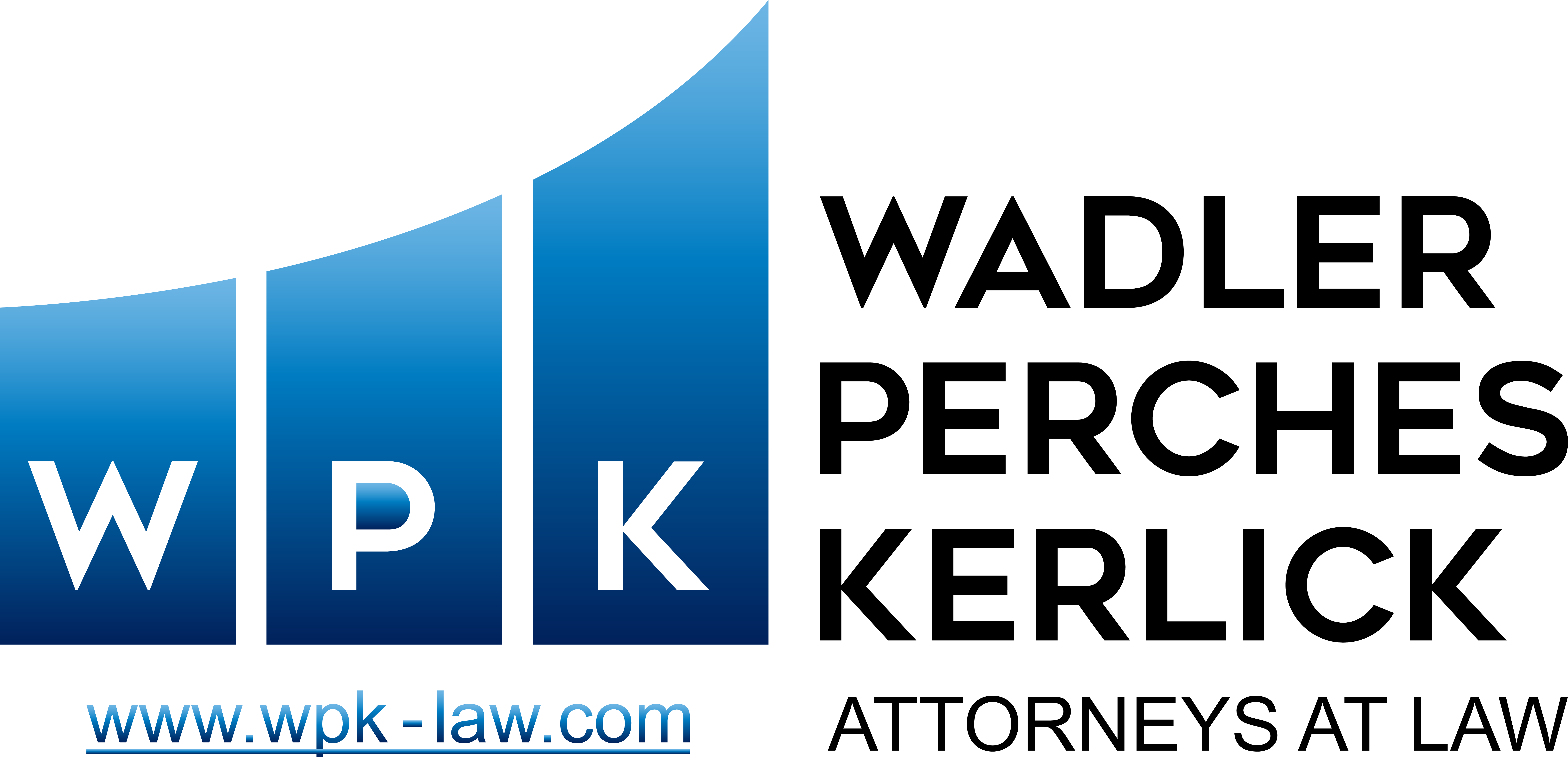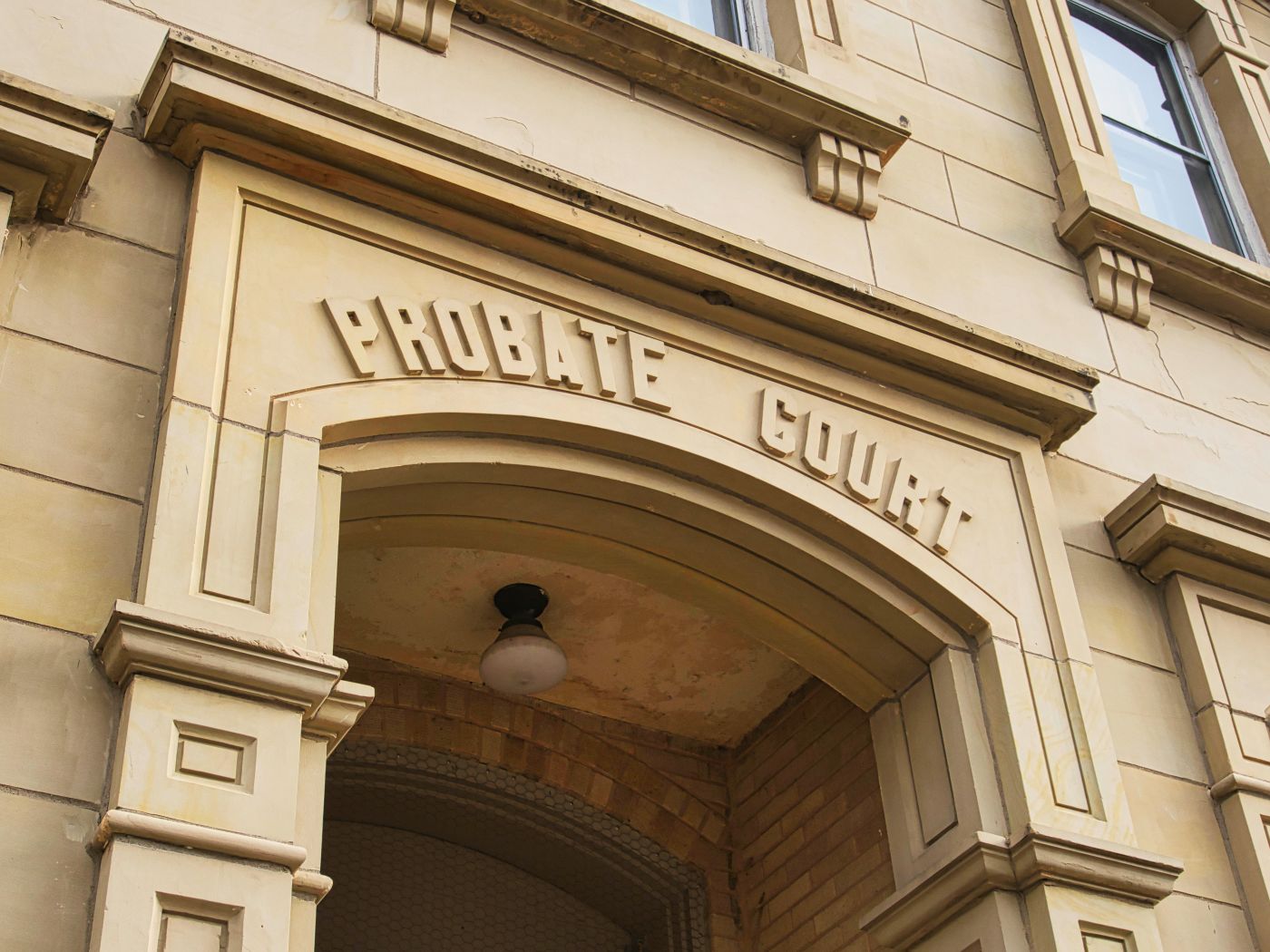In this video, Attorney and Retired Judge Craig Estlinbaum describes the property owner rule in Texas, and he discusses an interpretation of that rule by the Texas Supreme Court. Call or text for an appointment at any of our offices in Matagorda County, Fort Bend County, and Wharton County.
https://youtu.be/I1V1UOjN154?si=OxbXcjPdufqBvCBg
Summary of The Property Owner Rule in Texas
What Is the Property Owner Rule
Many types of cases come across our desk that involve real property valuation issues. These might include divorce, property tax disputes, construction issues, condemnation or right of way cases, or probate matters. The property owner rule provides that a property owner is qualified to testify about the value of her property, even if she would not be qualified to testify about the value of other similar property. Testifying to the value of your own property can be a significant cost saving for a litigant because the alternative would be to hire a professional real estate appraiser to give an opinion of value as to the property.
So it’s important to consider whether or not, as a litigant and property owner, you are the right person to testify about the value of your property. It’s important to understand that under the property owner rule, it takes more than merely stating the value of the property for the testimony of the property owner to be admissible.
First, the testimony must give a value estimate based upon the property’s market value. Market value is typically defined as the price the property would bring when offered for sale by one who desires to sell but is not obligated to sell and is purchased by one who desires to buy but has no necessity of buying. Sometimes this is referred to as the price under an arm’s length transaction.
Valuations based upon concepts, like the property’s value to me, the property owner, or the property’s intrinsic value, or the property’s sentimental value, are almost always not admissible in court. More importantly, a property owner who testifies about her property’s value must base the value estimate on more than just the property owner’s say so. It’s not enough for the property owner to take the stand and give a conclusion of the property’s value. The property owner must rely on evidence that supports the conclusion reached.
Texas Supreme Court Interpretation of The Property Owner Rule
In a key case on the subject called the Justiss case, the Texas Supreme Court considered the testimony of five property owners who were testifying about the value of their real property in a nuisance case. They claimed that their property had been damaged by pollution on the property. In one case, the property owner’s conclusion was speculative, made with only a passing reference to what property was bringing in the area. A second property owner testified to the property’s special value to him. A third property owner and a fourth relied on sales activity in the area but failed to relate that sales activity to the question before the court, the loss in value to their property due to the nuisance. The fifth property owner failed to give any supporting evidence to their conclusions.
So, in this case, the Texas Supreme Court did not consider any of the testimony from the property owners to be admissible because it was not properly supported, or it did not rely upon the proper market value standard. So what evidence does provide substance to a property owner’s conclusion?
Get the Help You Need in Cases Involving Property and Real Estate
Often, real estate and property cases are very fact-based, and your best strategies depend on the property type and the types of evidence that may be available. At Wadler, Perches, & Kerlick, we handle real estate cases ranging from right of way to probate to divorce and more.
We have experience in helping you determine whether it’s necessary to hire an expert to provide testimony regarding market value or whether you’re capable and able to give an opinion of value to your property that is both admissible and convincing to a judge or a jury.
Further, before my time as a judge in the Texas judiciary, in private practice, and in law school, I was a commercial real estate appraiser in the State of Texas. Real estate valuation is almost a native language to our team because of our experience.
If you have legal problems that involve real estate or real estate valuation, we’d like to visit with you and hopefully help you in achieving your goals and resolving the case as quickly and effectively as possible.
Call or text for an appointment or send us a request online by clicking this link. We have offices in Matagorda County, Fort Bend County, and Wharton County to serve you.
Related Links
Undivided Interests in Land
Ag Value on Land in Texas



